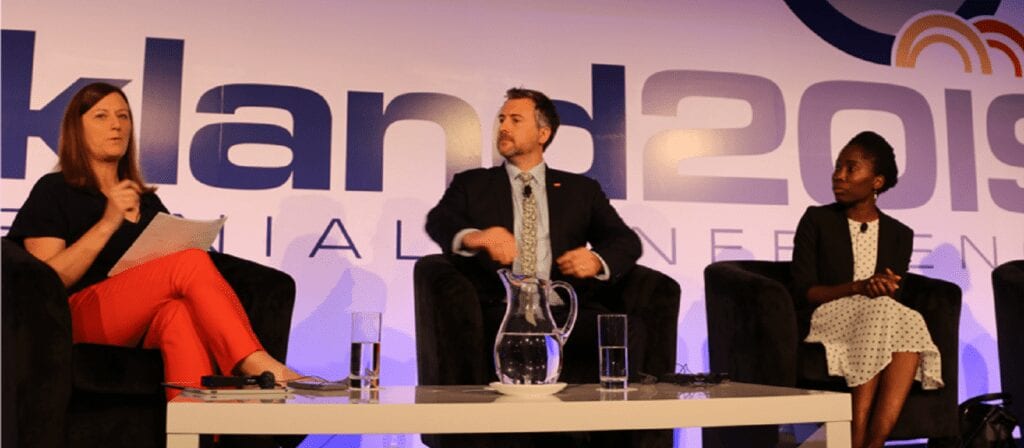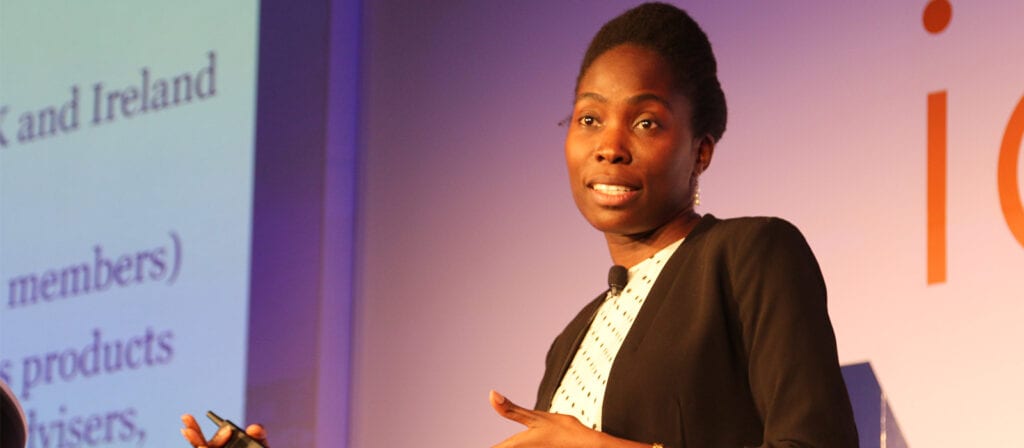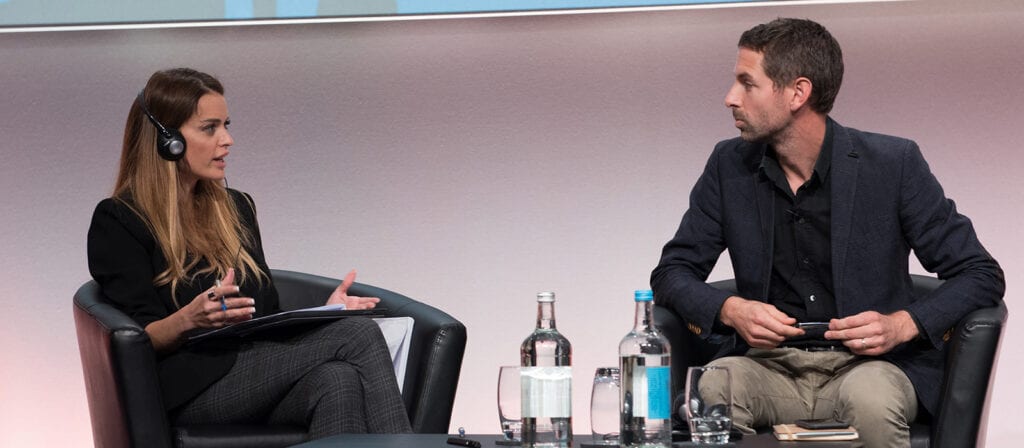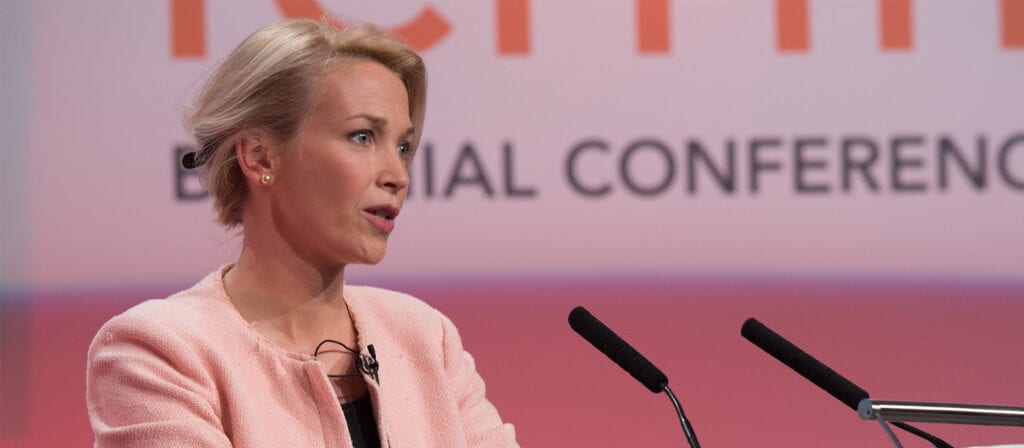Swiss Re developed capabilities in behavioural economics after learning from customer focus groups that customers do not actually follow through with their intentions of how they said they were going to act. Behavioural economics facilitates better understanding of consumer biases which may lead to sub-optimal decision making. Unlike classical economics, which assumes people are rational beings, behavioural economics seeks to explain irrationalities in behaviour by identifying heuristics and unconscious biases.
These theories are being applied in insurance to influence (or “nudge”) consumer behaviours across the value chain, such as claims, underwriting, policy renewal and policy administration. By recognizing human biases, insurers can design interactions to guide the customer in their insurance purchasing journey, with the aim of improving sales and reducing lapse rates.
Making small contextual changes can have a large impact. A useful framework by the Behavioural Insights Team looks at four simple ways to apply behavioural economics: EAST, or making the customer journey “Easy, Social, Attractive and Timely”. Insights from behavioural science offer an alternative approach to design processes for how customers actually behave rather than how they should behave.





